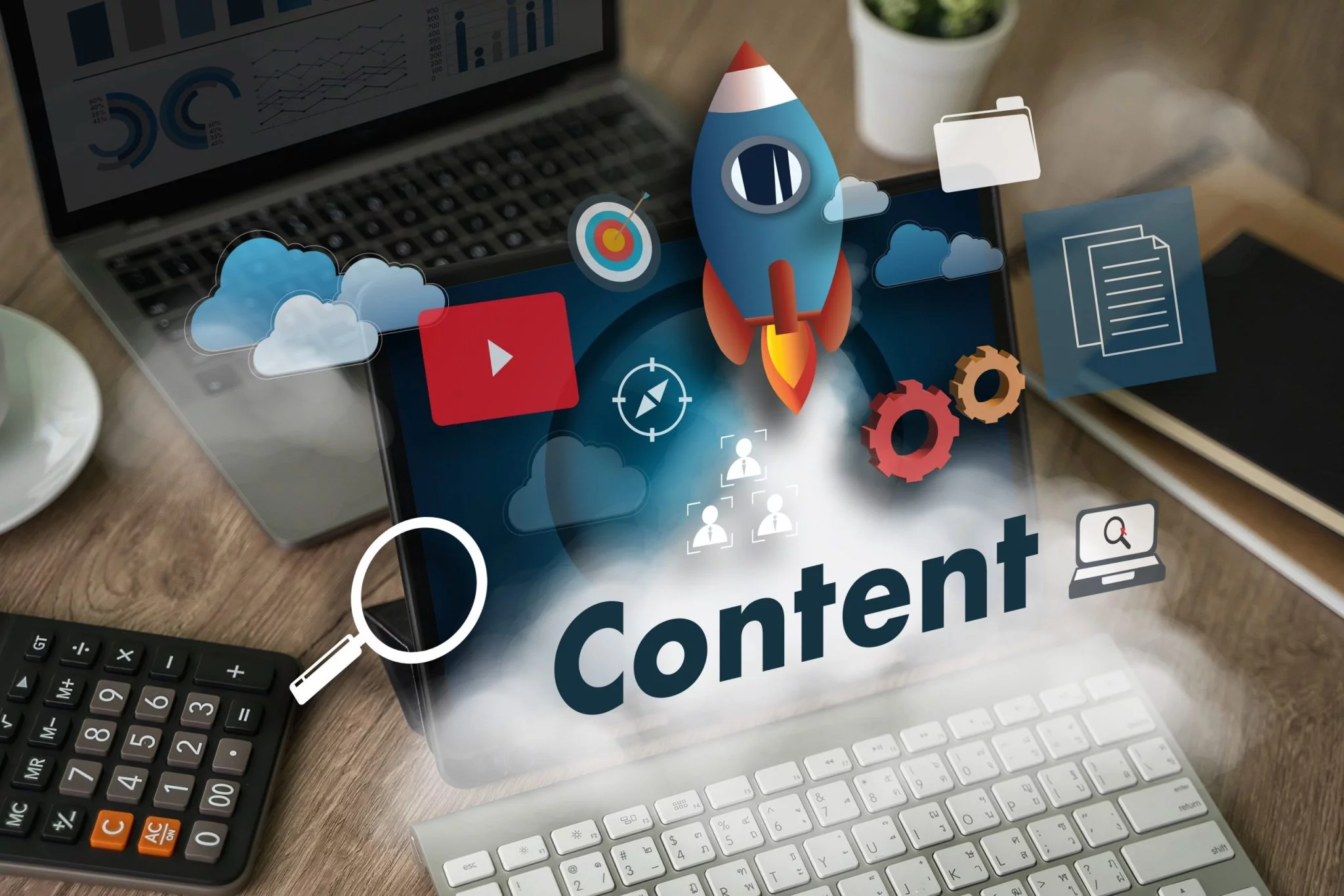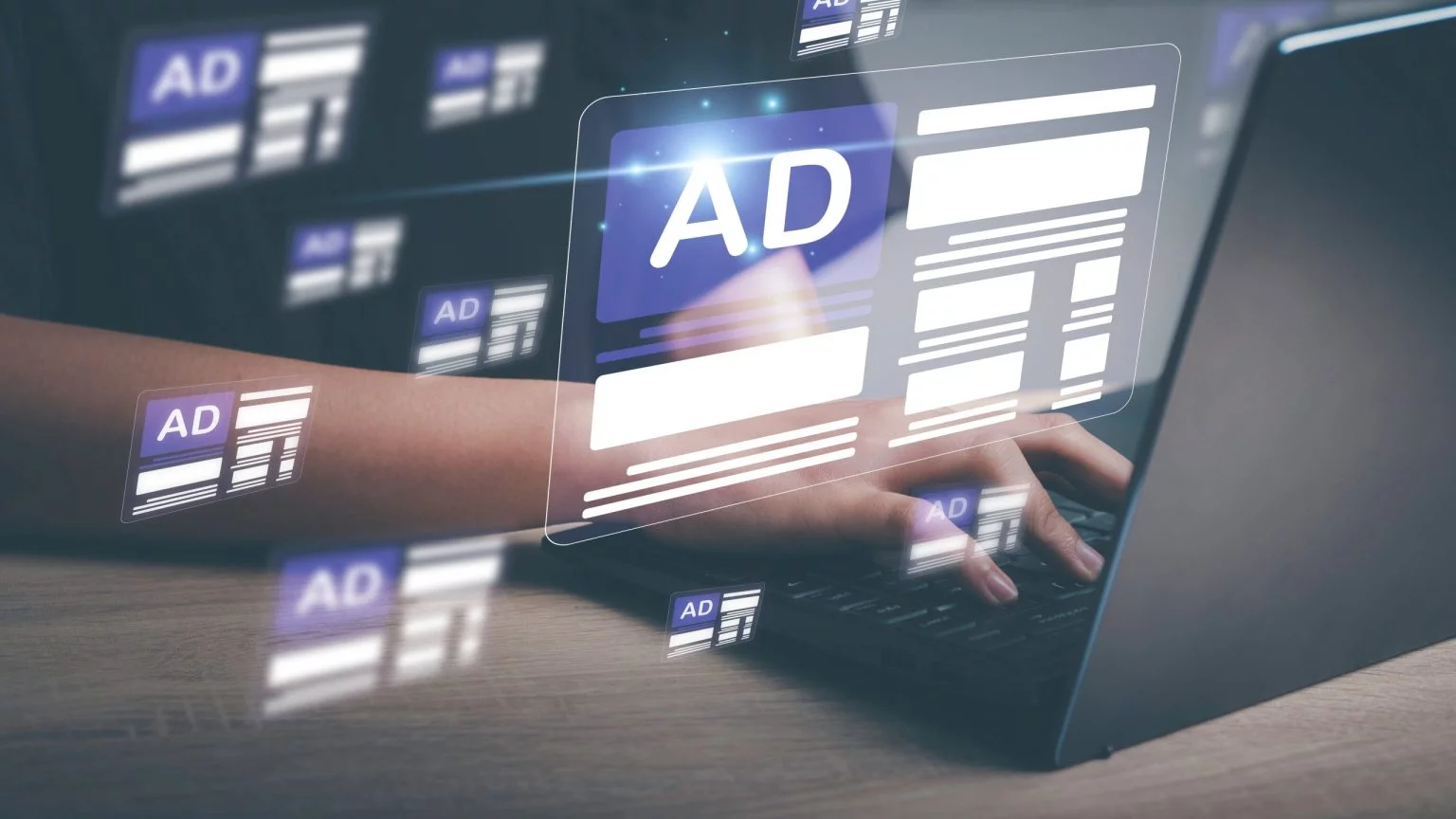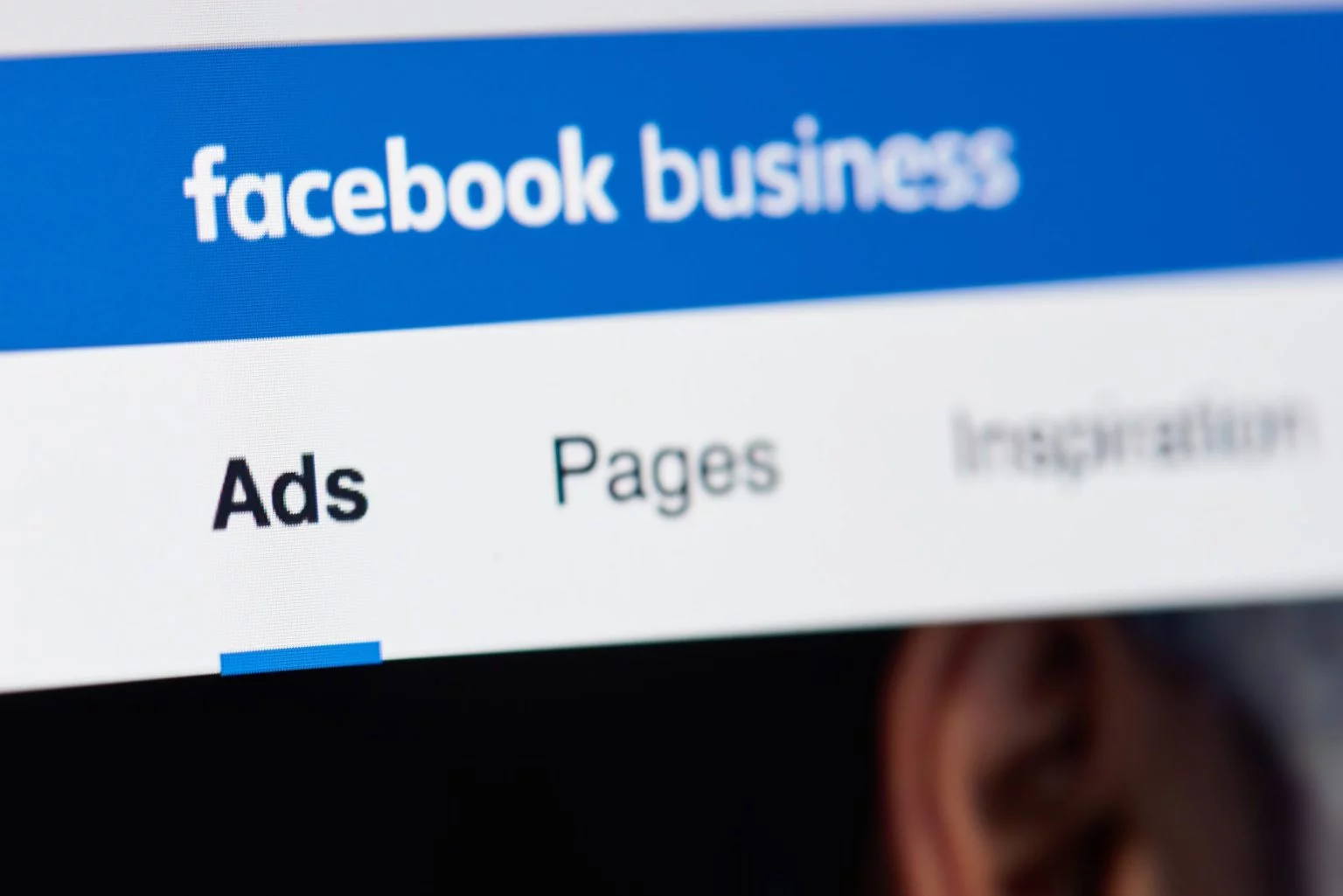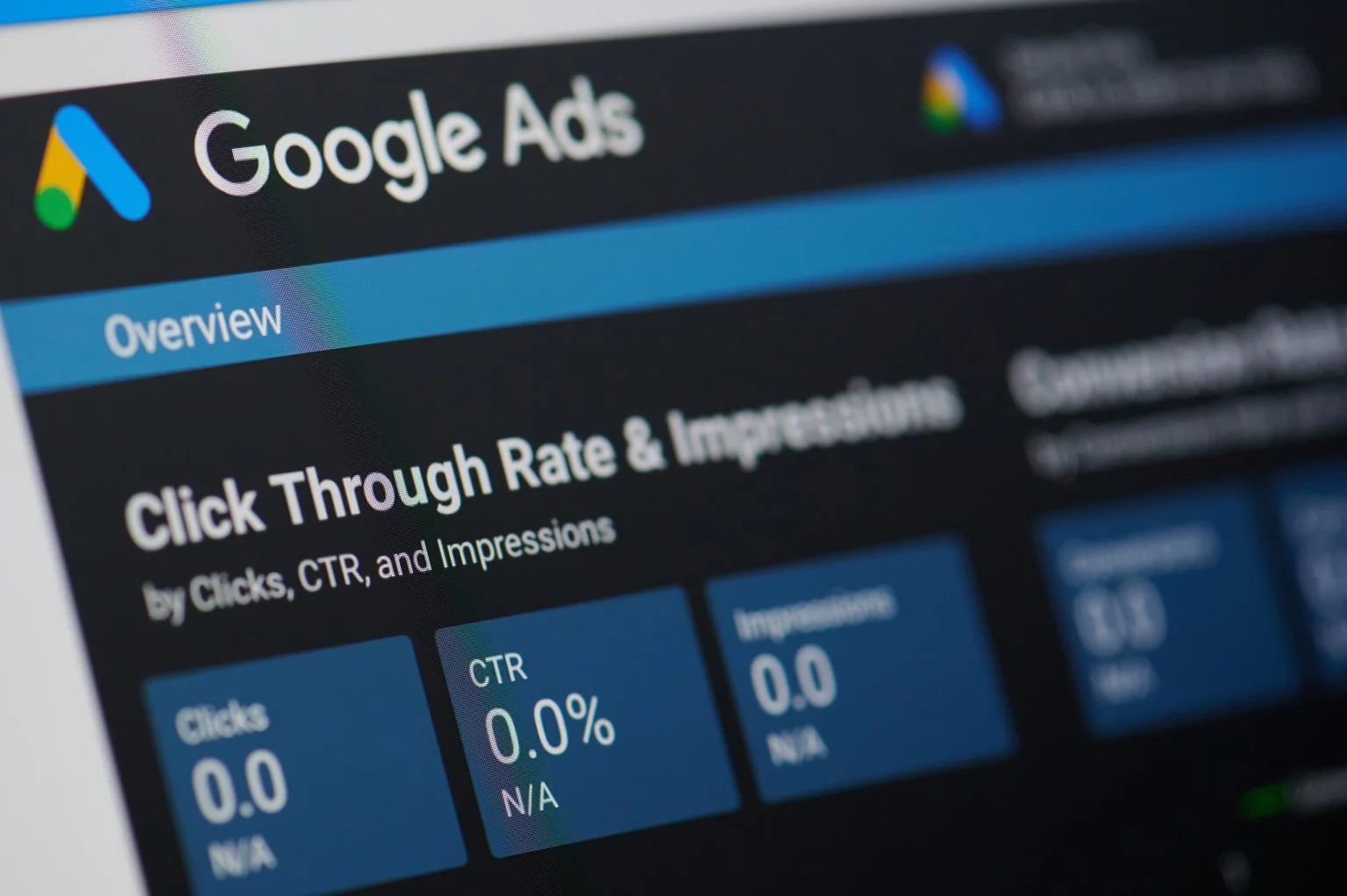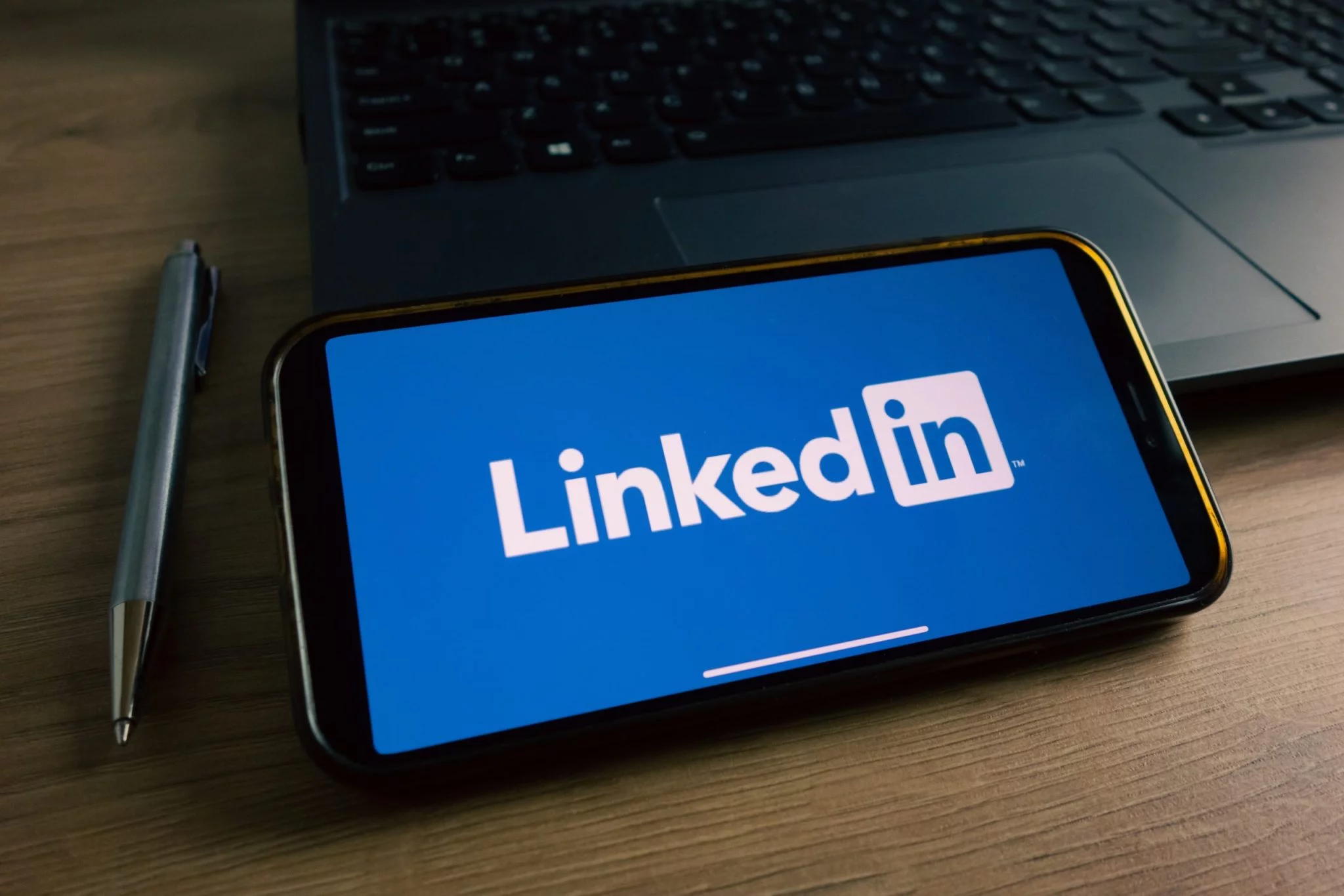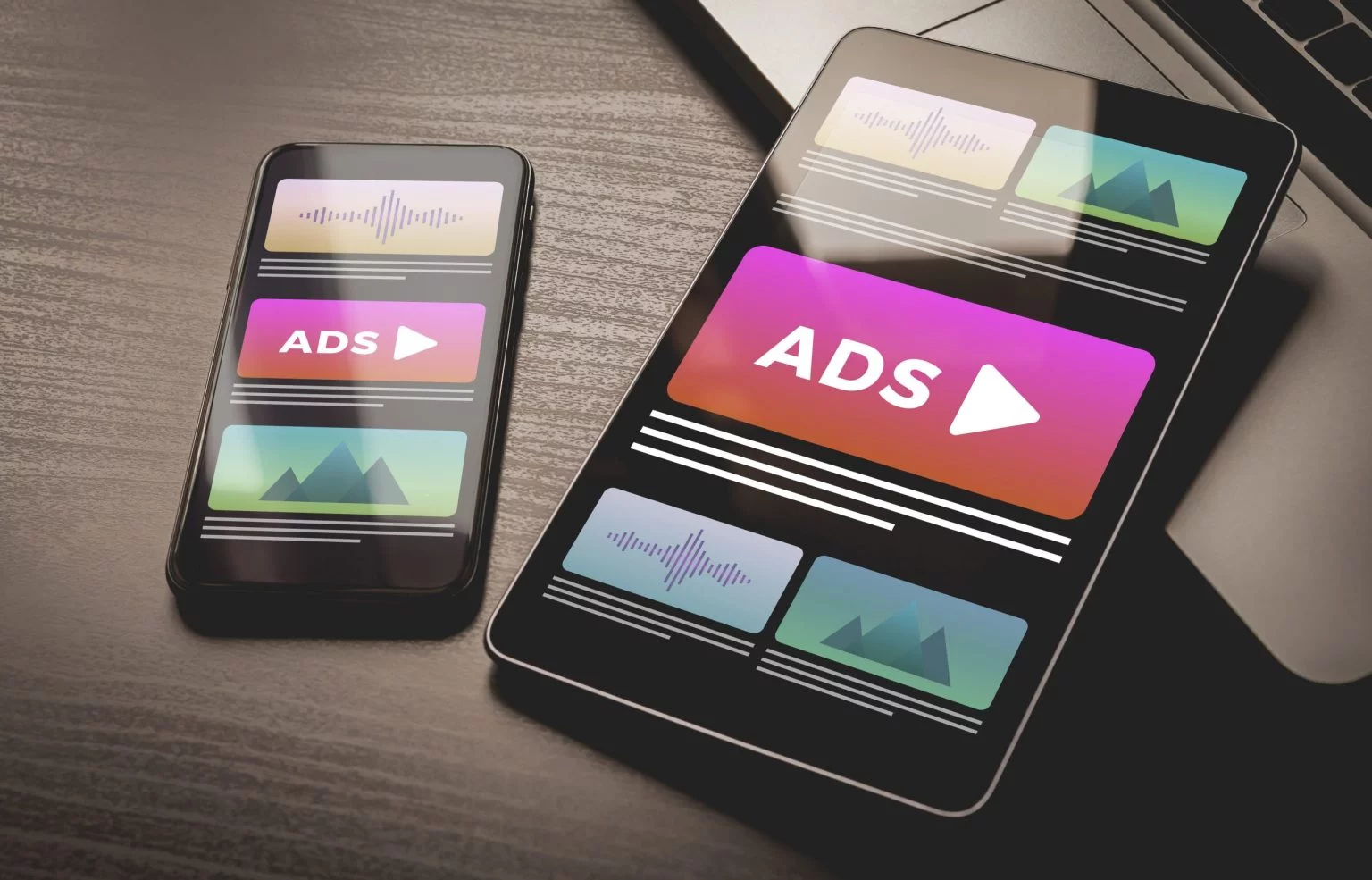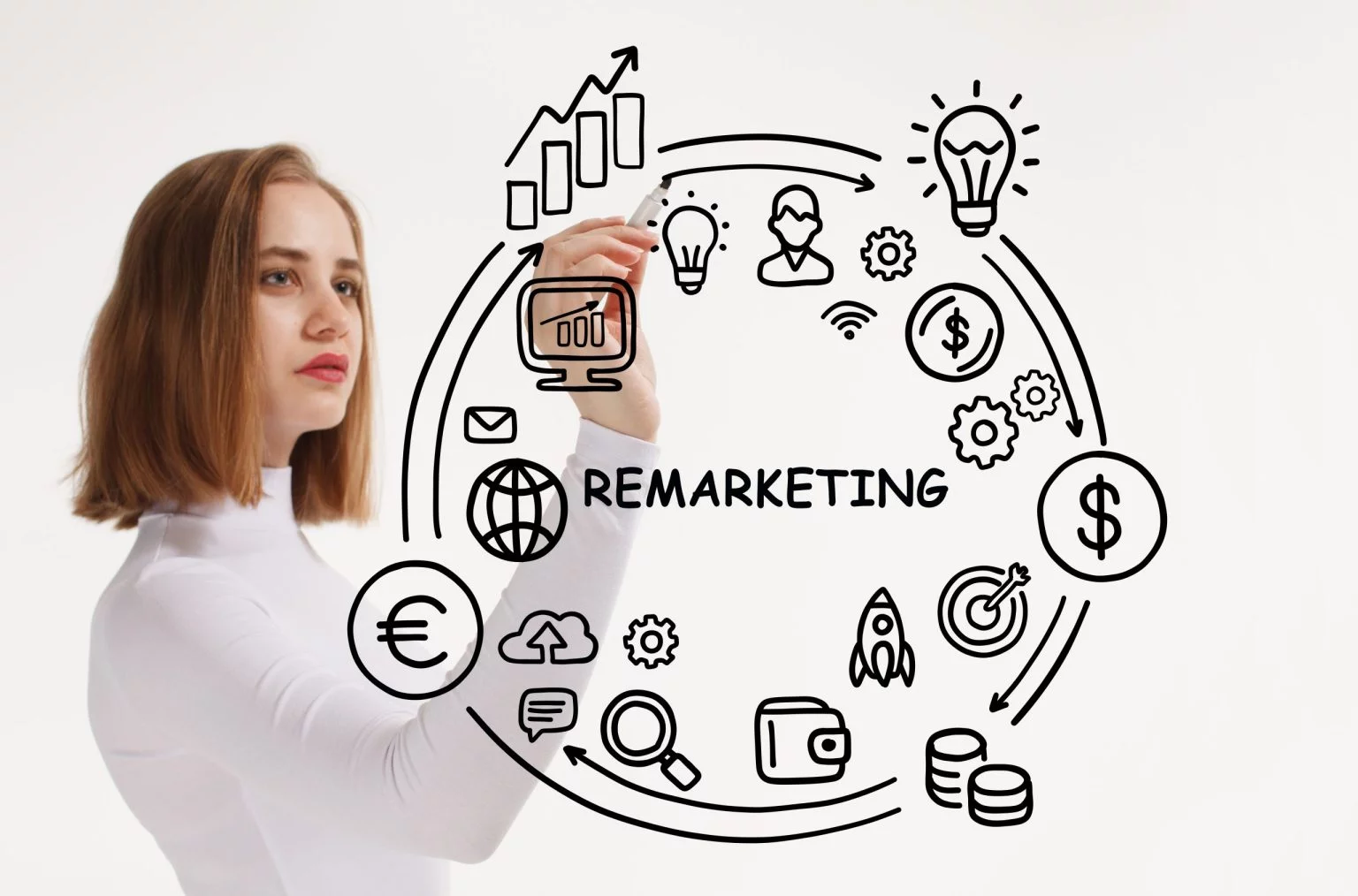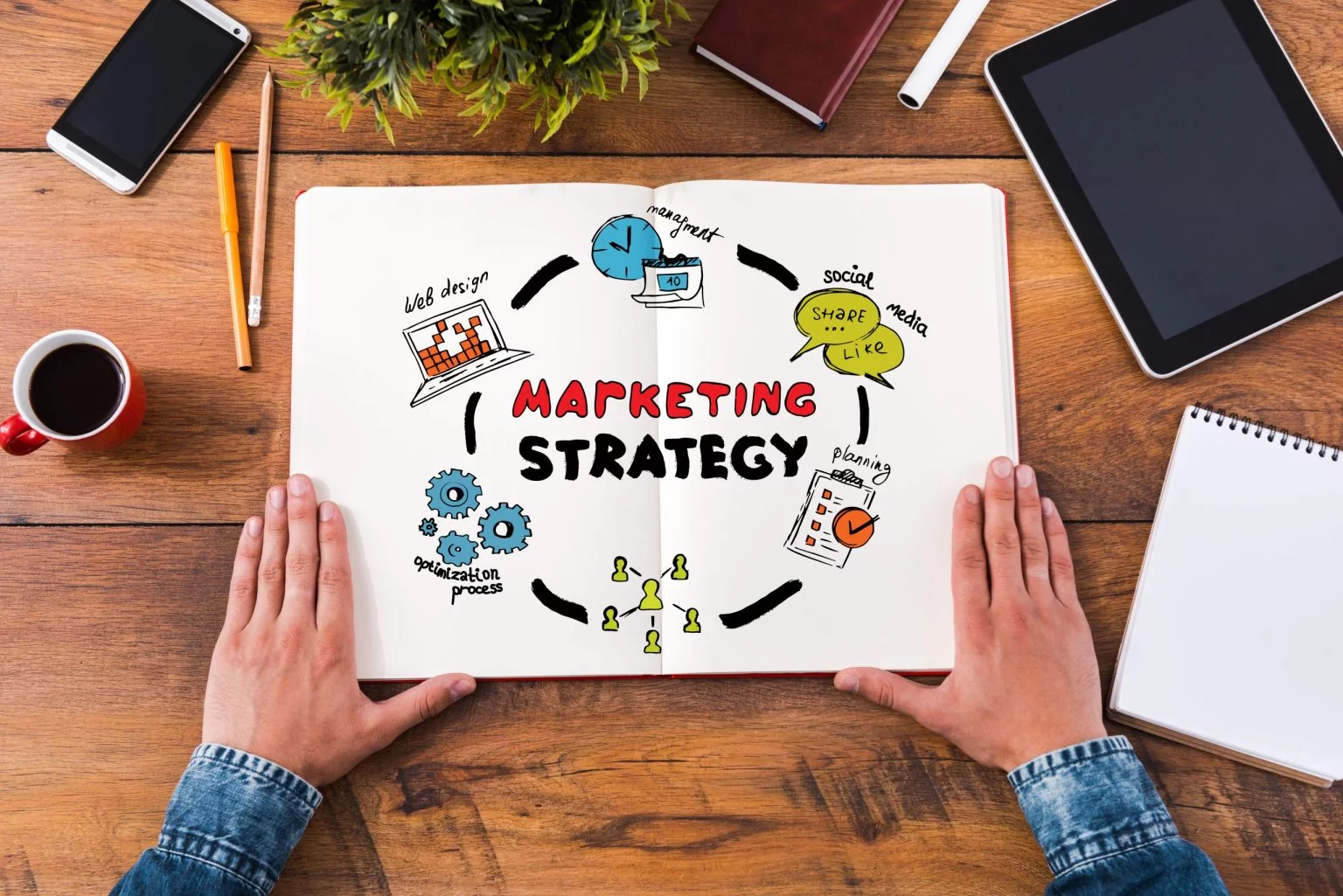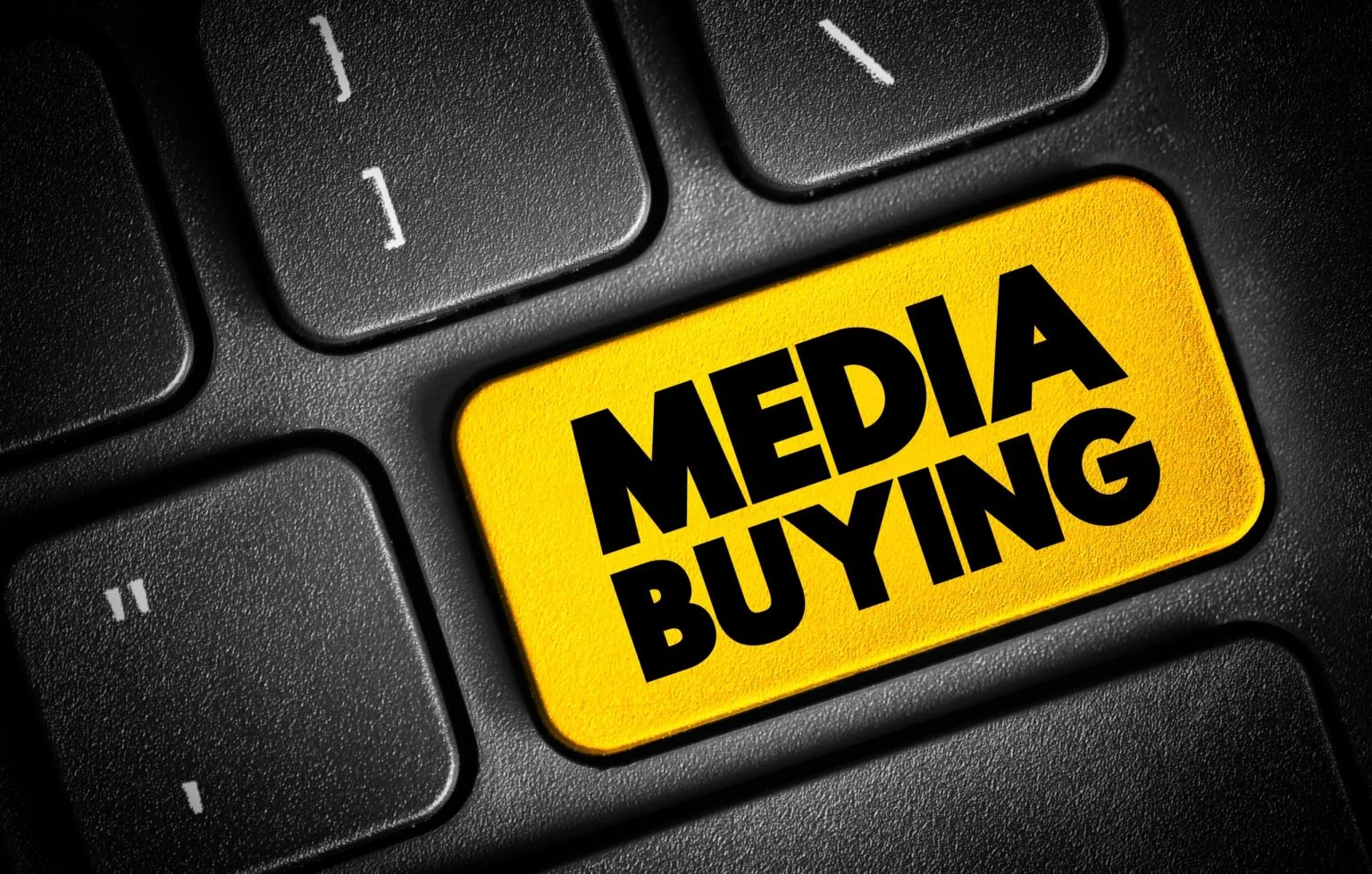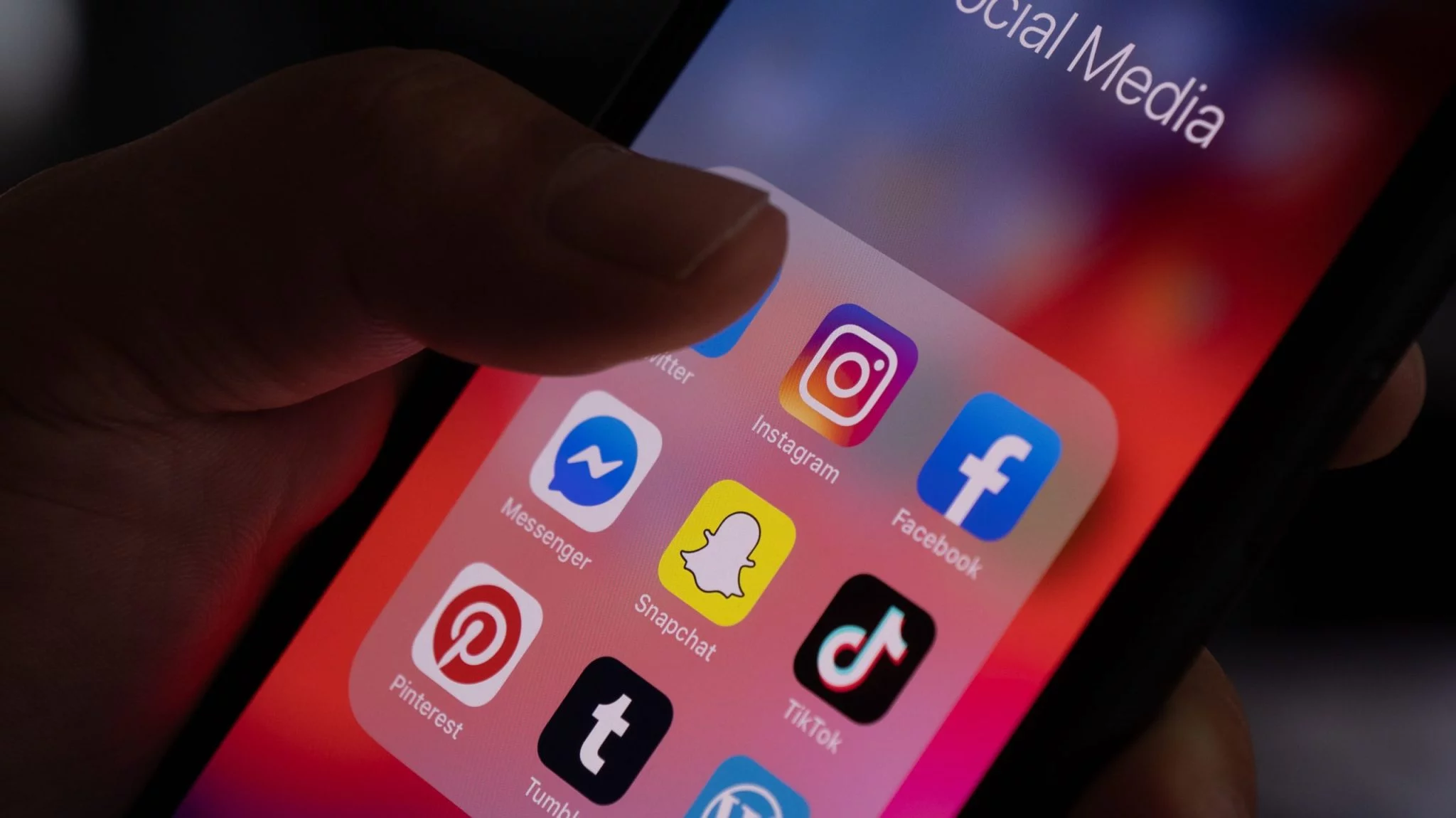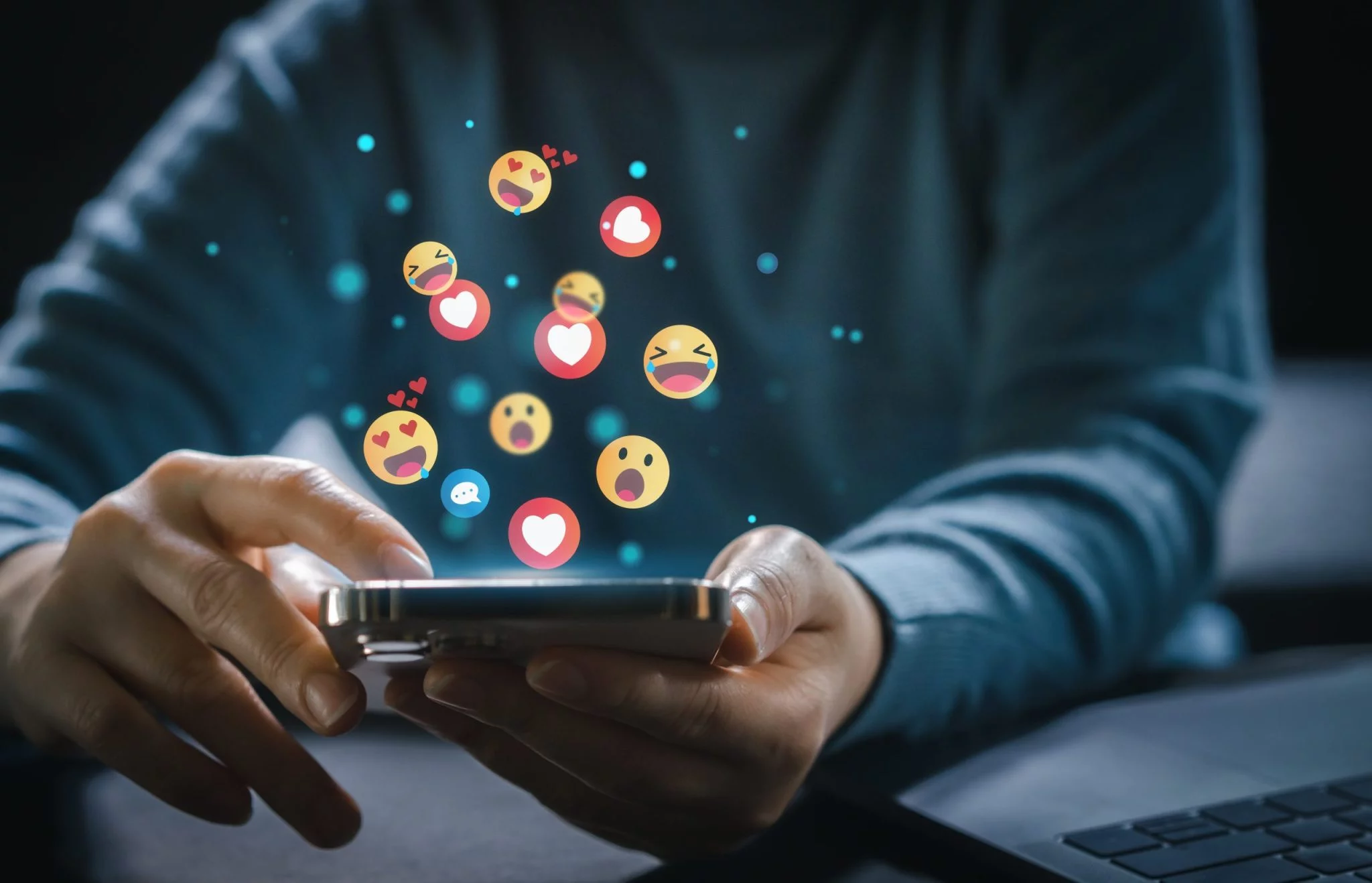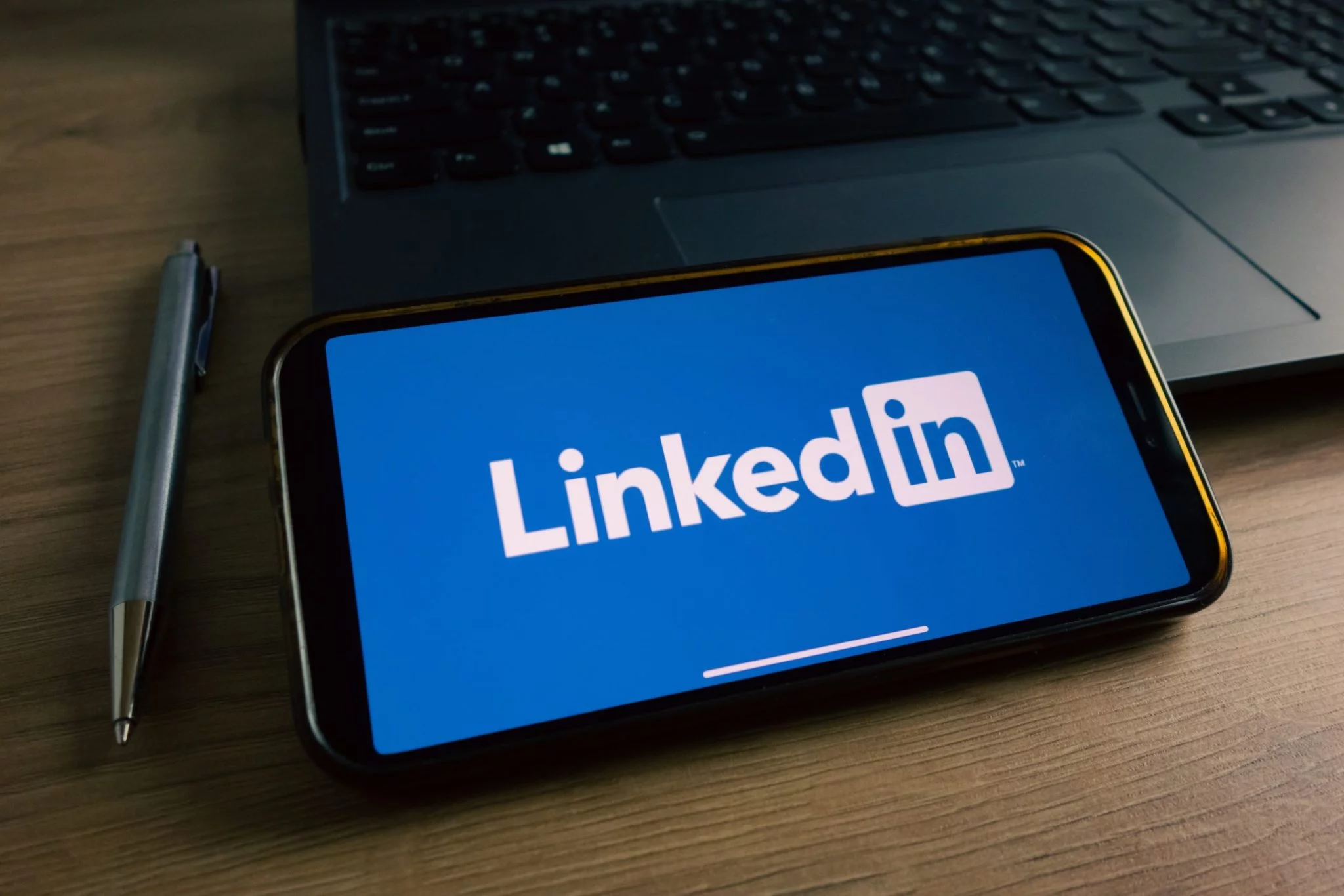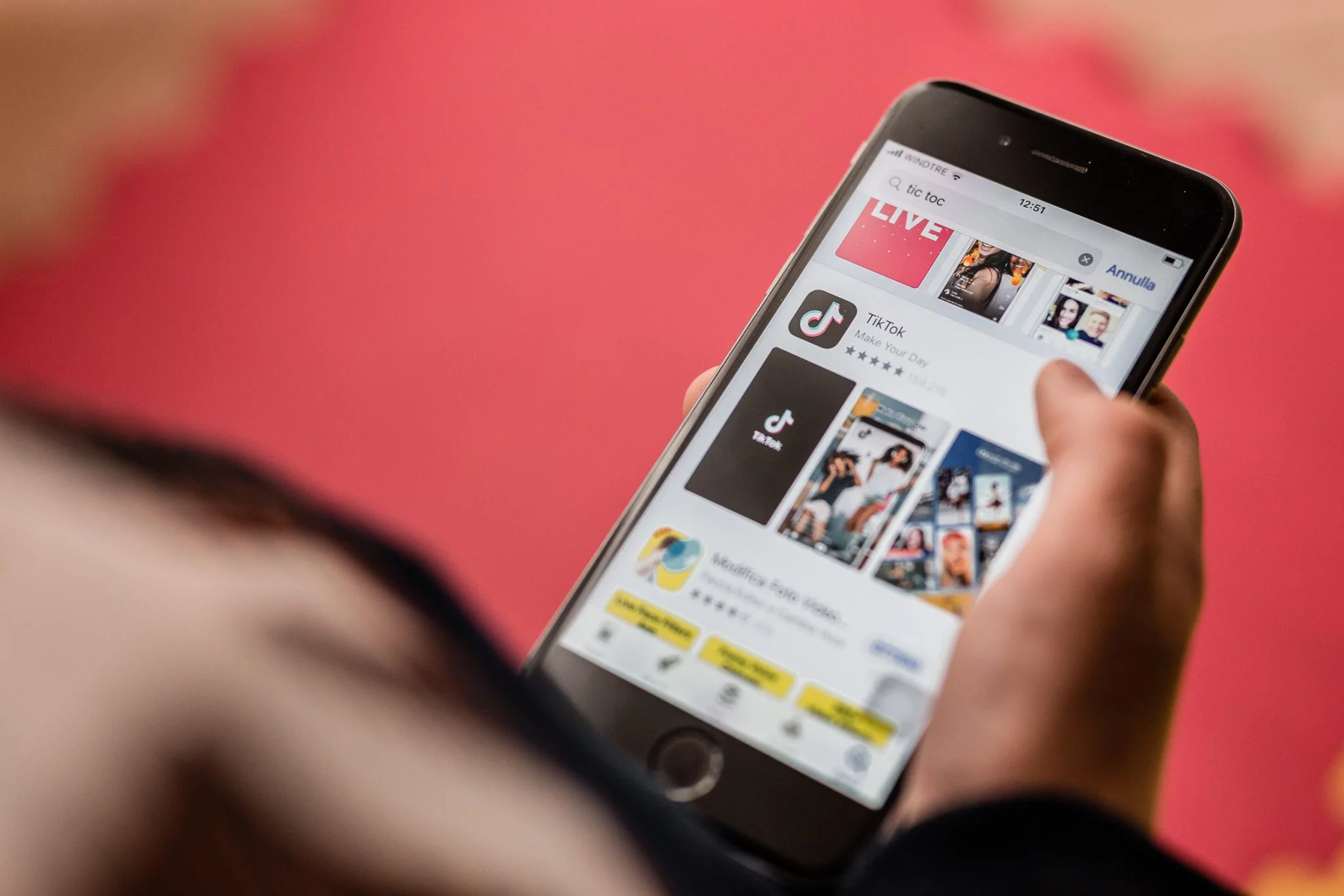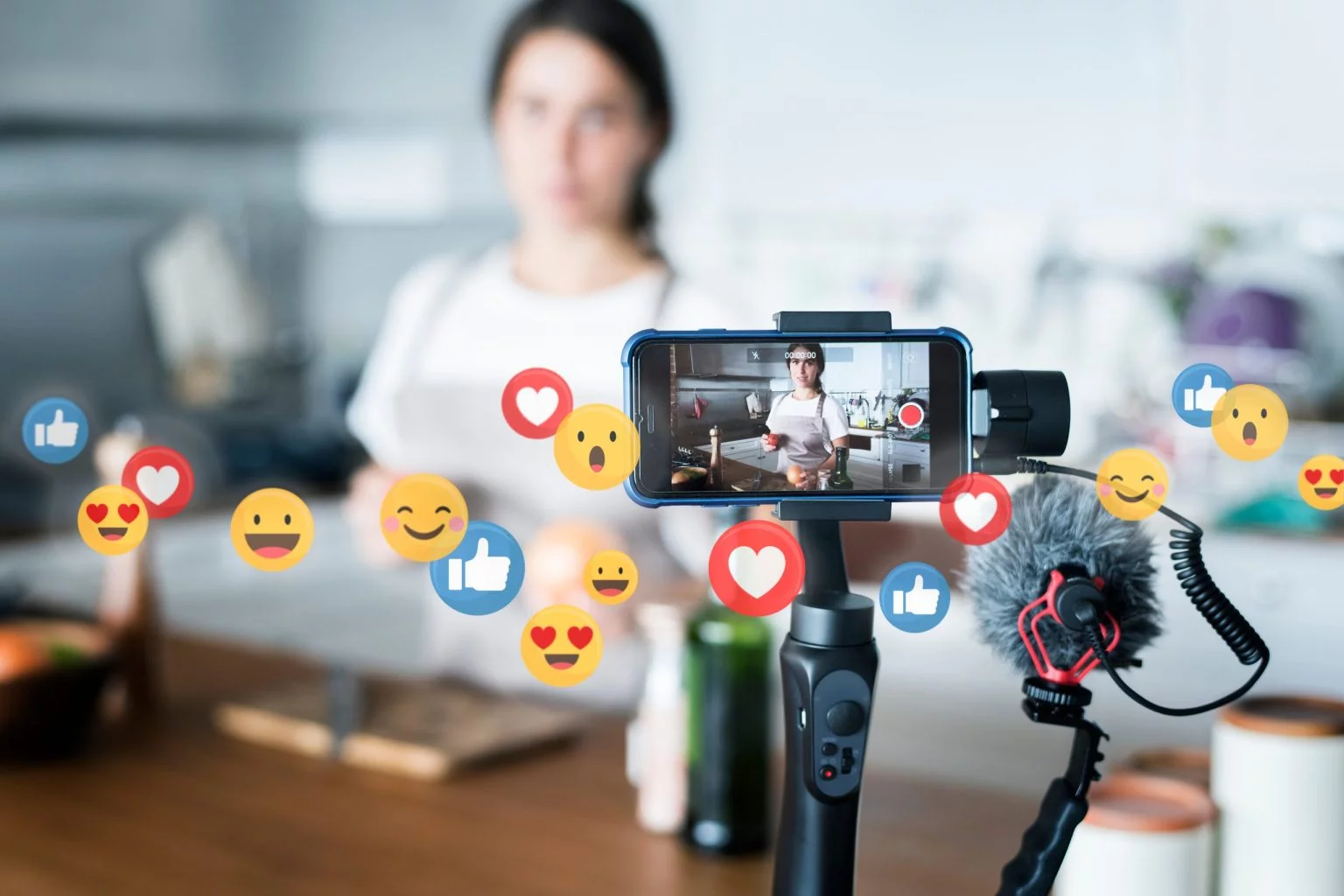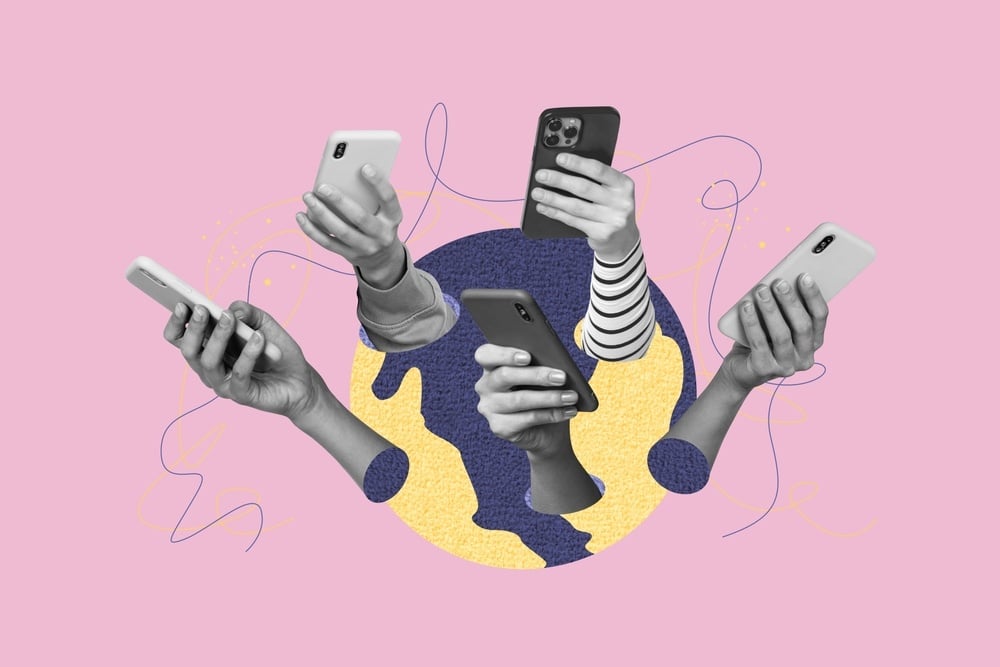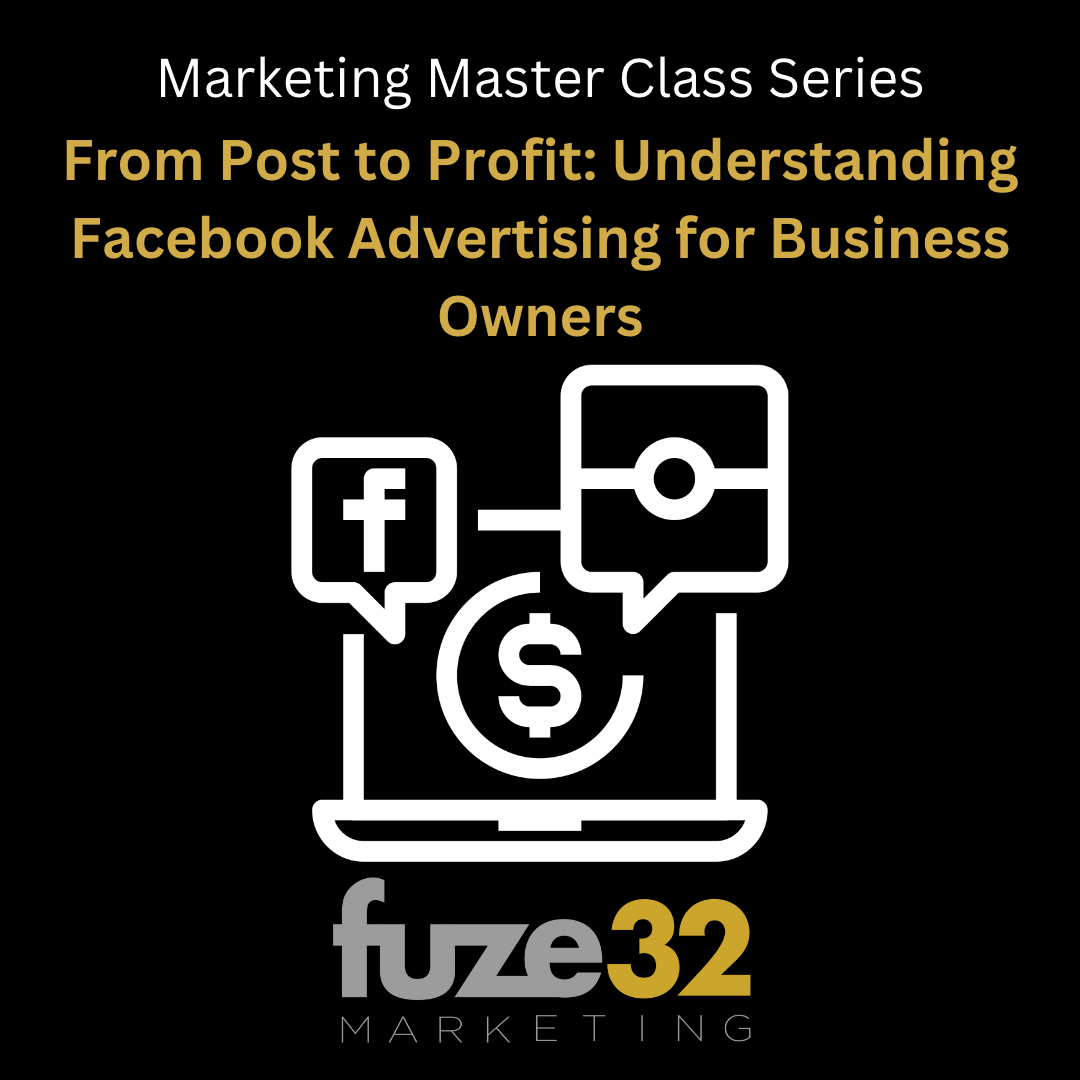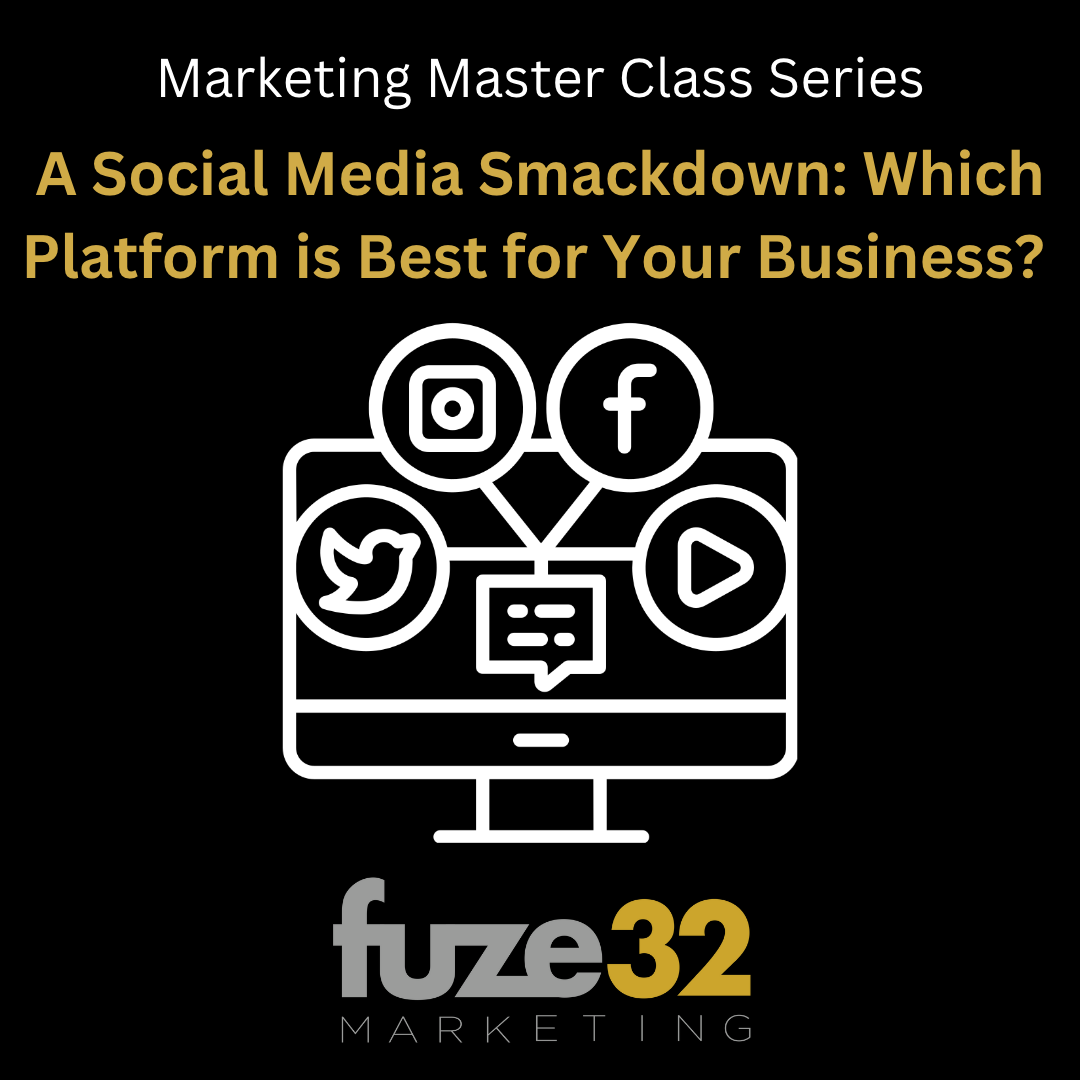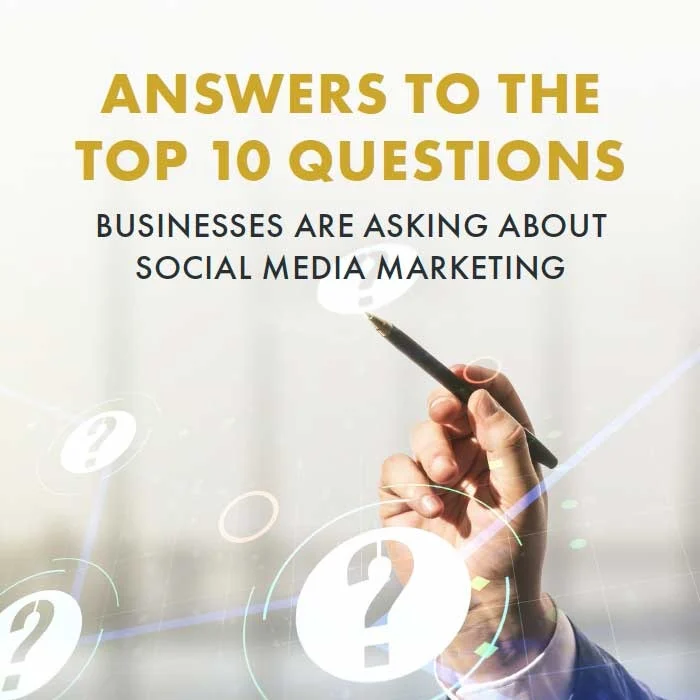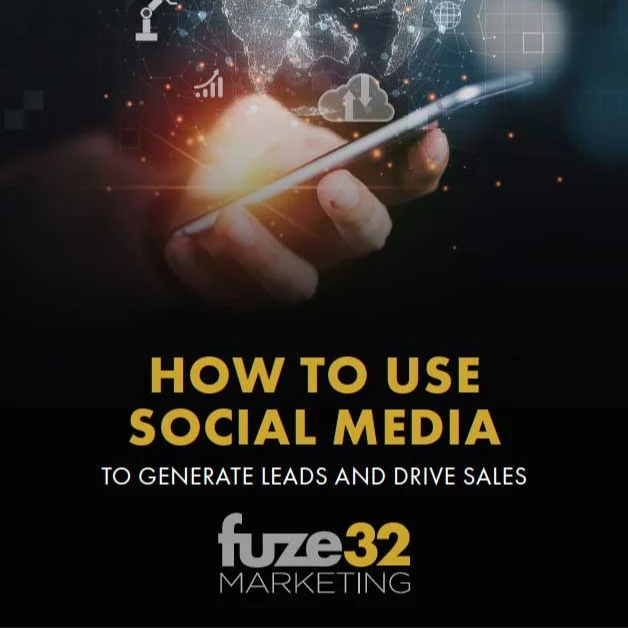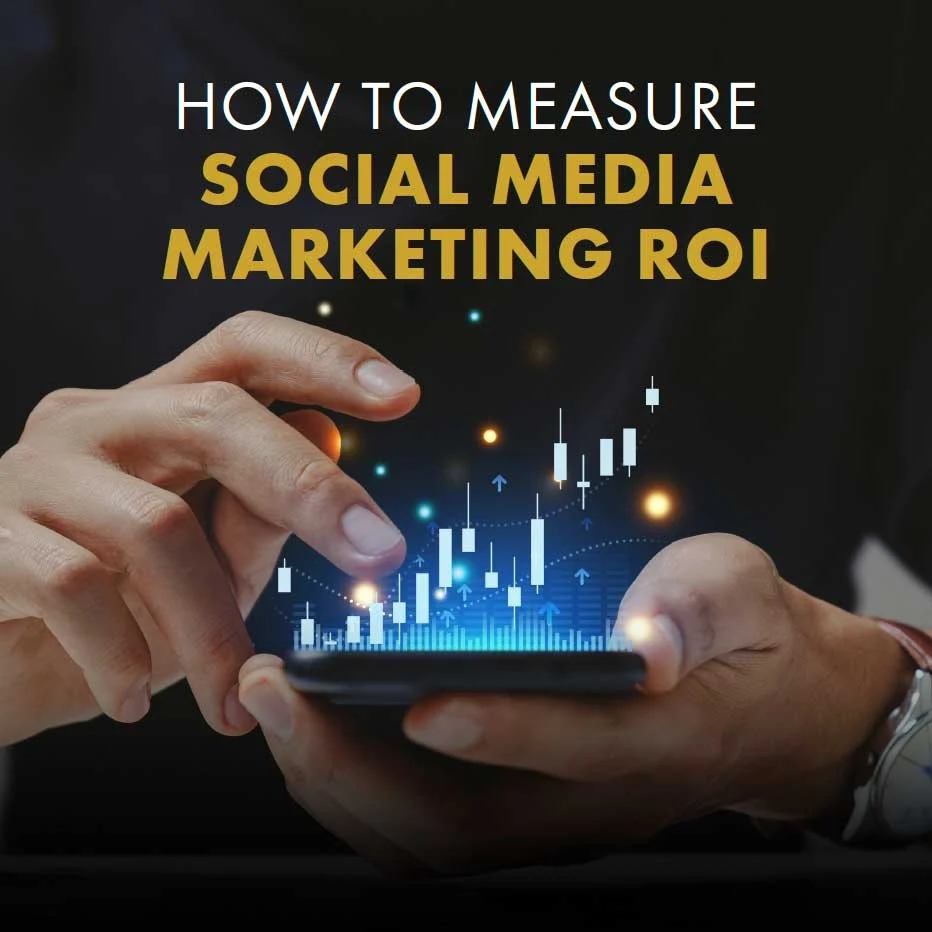As hard as it is to believe, influencers have been a mainstay in the world of promotion for over ten years. Many people base their purchasing decisions on the opinion of their favorite online personality. What started as celebrity endorsements or customer testimonials has evolved, moving to the masses through social media platforms like YouTube, Instagram, TikTok, Facebook, and other online platforms. Partnering with social influencers to promote your products and services is a powerful marketing tactic that is here to stay.
A video game streamer might preview a new game being released by a game development company to stir up interest. You might suddenly see beauty gurus on Instagram posting pictures of their skin after using a new regime pushed by a beauty company. There’s no limit to what brands can accomplish when they partner with an established influencer.
What is Influencer Marketing?
Influencer marketing is a branch of media marketing from individuals with a devoted following capable of affecting the purchasing power of others. They pitch products and earn endorsements based on their expertise. There are influencers for every niche you can think of, including automotive parts and interior design.
The goal of influencers is to boost awareness of products and services through their messaging. Followers view influencers as someone they trust. Having someone you trust offer assurance about the quality and benefits of a product or service heightens consumer interest in the product or service. It thereby also increases trust and respect, allowing a brand to ride on the relationship coattails of an influencer's mass following.
What is a Social Influencer?
Social media influencers have established reputations based on their knowledge about a specific topic. You’ll see them making regular updates on popular social media channels. They usually have a devoted audience who use them to guide their buying decisions.
Brands use social media influencers to generate trends around their products or services. The ultimate goal is to encourage the social influencer’s audience to visit the brand’s website and make a purchase. Influencers get grouped into specific categories based on various factors.
Working With Social Media Influencers
Brands should look for influencers capable of putting out content compatible with their image. It helps if the social media influencer is already part of the brand’s target audience. Once you bring an influencer on board, you can collaborate on how they focus their promotion.
Working with social influencers to promote your brand creates a strategic alliance that will yield great results. How you work with them depends on the type of social influencer they are. Regardless of who they are, it’s important to build as much of a relationship as possible. It also depends on the goals of your influencer campaign.
If you want them to promote your products or services, influencers on Instagram often post images of themselves using or wearing products while tagging a brand’s social account. YouTube or Facebook devotees might post videos showcasing a product's or service's various benefits. Good social media influencers know how to leverage the strengths of specific social media channels to appeal to brand audiences.
If your market area is more localized you may want to focus beyond just the promotion of products and services by connecting with the influencer personally. By getting to know you and your business, they can help tell your story and connect you with consumers in a more relational way.
Types of Social Media Influencers
Celebrity influencers
These individuals have established careers in the entertainment industry. Many companies look to celebrity influencers because they are already known to their audience and can bring a lot of exposure. Partnering with a celebrity influencer can be costly depending on their level of success.
Macro influencers
Macro influencers have over 100,000 followers and gained fame on the internet. YouTube and Twitch stars can amass millions of followers and have a unique understanding of what audiences need. They leverage that knowledge to deliver quality content to help brands looking to gain more visibility.
Micro-influencers
Micro-influencers have between 1,000 and 100,000 followers. While they don’t have the reach of macro-influencers and celebrities, they still have credibility with target audiences regarding product recommendations. They tend to build smaller communities with a high level of direct engagement.
Local Celebrity Influencers
Don’t discount the value of looking in your own backyard. Often, local celebrity personalities are some of the best sources of influencer credibility in a local or regional area. For companies whose geographic footprint is more localized, area radio DJs for example can be a powerful part of an overall marketing strategy.
Employees
Those who work for a brand tend to have the best understanding of maximizing their products’ benefits. Using employees for influencer marketing works well for B2B brands looking to showcase their industry expertise.
Customers
One of the most time-tested ways of bringing in new business is through referrals. Real customers who offer positive feedback tend to be more trusted by consumers. Brands reap the benefits when customers post testimonials documenting their experience with a company’s products or services.
Fans
Fans of a brand tend to talk up the benefits of their products on social media out of appreciation. They admire what the brand is about even if they haven’t purchased a product. Fans still help increase brand visibility to different networks and raise interest from those who might not be aware of them otherwise.
Benefits of Influencer Marketing
Transference of Trust & Credibility
The biggest reason brands often take advantage of influencer marketing is the established level of trust influencers have already acquired. Hiring an influencer also helps brands quickly expand their content offering to cover gaps in their schedule. It’s good to have additional support when your brand comes up short on new ideas for engagement.
Easy Pathway to Educate Buyers
Audiences benefit from influencer marketing because they receive guidance on finding solutions to specific problems. Many influencers also educate potential new customers in ways that brands can’t because they’re often more in tune with that audience’s needs.
Heightened Consumer Engagement
Because people already respect what they say in making recommendations, it’s easier for influencers to engage with their audiences about specific brand products. It becomes a mutually beneficial relationship reliant on back-and-forth content sharing between brands and influencers. Engagement rates increase dramatically as an influencer shares your story, invites interaction with their audience, and works the overall marketing strategy.
Increased Effectiveness for Traditional Marketing
Additionally, working with an influencer can lend a boost of power to your traditional marketing campaign. Depending on the influencer, it's more than about them reaching their audience...though that's extremely important. They have access to a much larger consumer group than you do. It's also about leveraging their celebrity status and carrying it into your traditional marketing. Being able to refer to your influencer or even use their audio or video in your radio, television, and digital campaigns can attract way more attention and engagement than you could on your own. All that depends on the type of influencer with whom you partner.
Why Is Influencer Marketing So Successful?
The established trust between an influencer and their audience is the biggest reason for the success of influencer marketing. Without that, it’s no different from standard ad placement. Influencers work hard to build relationships and understand what makes an audience tick.
With people having more choices than ever regarding how they spend their time online, influencers are a good way of cutting through the marketing noise. People tend to pay attention to influencers, trusting their opinions. To find the right influencer for you, think about your target audience profile, your brand image, the products or services you offer, your geographic target area, and the desired goals/outcomes of your influencer marketing strategy.
In addition to effective tactics like ConnectedTV, digital campaigns, traditional marketing, and content marketing, influencer marketing is another tool in your digital toolbelt that helps you develop relationships with new buyers online.



.webp)
